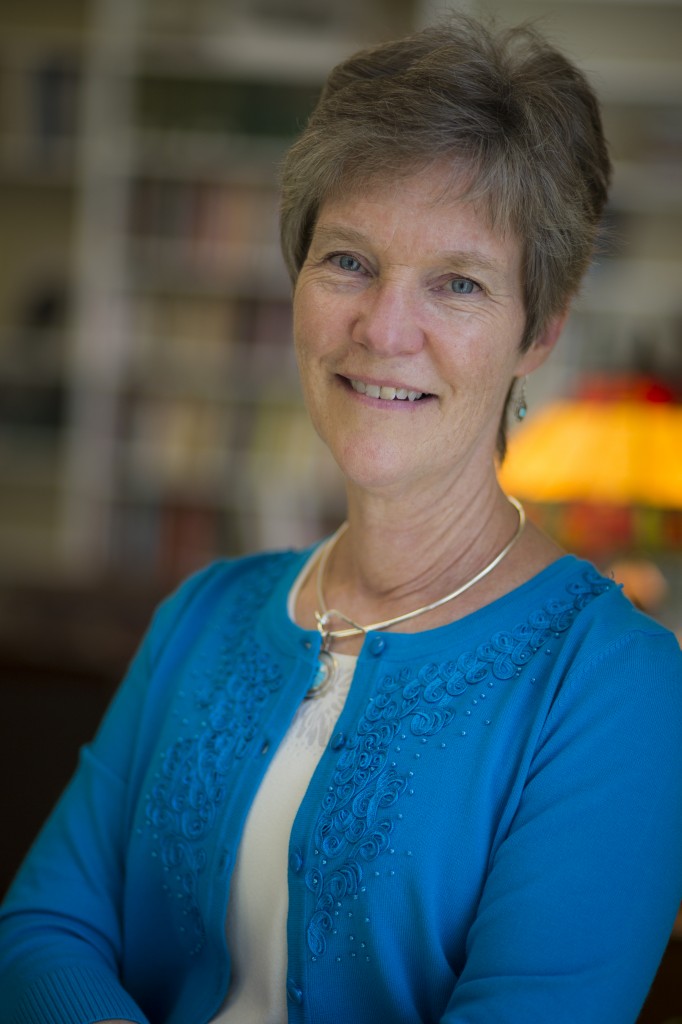“Listen to yourself, and in that quietude, you might hear the voice of God.”—Maya Angelou
Imagine a doctor losing his or her ability to see, or a carpenter losing a hand, or a painter left with no canvas. Now imagine you are not being able to attend a funeral or visit a sick patient in the hospital or baptize a new baby. For clergy across the globe, these things they are called to do in ministry are often not possible now. This strong sense of loss that comes with this absence has been weighing on clergy for the past year, manifesting itself in sadness, frustration and self-doubt.
In the Greater New Jersey Conference, Rev. Ginny Samuel Cetuk stepped in to listen and help them start the healing process through a series called “Landscape of Loss.” Held in six different evening online sessions with breakout rooms reserved for district superintendents to host, Cetuk imparted years of research she has done as a former pastor, deacon, elder, hospital chaplain and associate dean.
“Our clergy are hurting. We need to alter the way we relate to ourselves and ministry,” said Cetuk. “It’s time for some self-reflection, and they need to love themselves with the same love they love everyone else.”
A clergy member since the 1970s, Cetuk recalled when she got a wake-up call from God to take better care of herself. She had just retired from Drew Theological School after more than 30 years of service to the institution, only to find out that she had breast cancer.
“God picked me up and got my attention,” said Cetuk who recalled how her breast cancer made her realize that she couldn’t keep going in the same direction and at the same pace. She realized that in between the layers of hard work, dedication and commitment were also layers of resentment and feelings that like Jesus, only figuratively, she needed to climb the cross.
“But Jesus died to save us,” she said. “As I did for years, clergy often misappropriate that and fail to ask for help when they really need it.”
So instead of diving back into full-time ministry, Cetuk took a part-time pastor role until last June at Princeton UMC. While there, she formed a small group that enhanced the church’s grieving ministry called Love Lives On. Her group helped those whose feelings were still raw with grief. Together they shared stories of loved ones and in the process helped each other process loss, cope with loneliness and embrace the importance of the grief they were feeling.
Now cancer-free, love is still a big part of who Cetuk is. After all, her favorite poet is Rumi. She will always be caring and have the urge to help others, but now she is more transparent about her feelings.
“One of my goals going into this seminar was to be transparent about myself with the hope that my example invites others to do the same.”
“I wanted to help people understand how complex this web they weave is and to realize that there’s no easy answer.”
Interspersed with sharing statistics she has gleaned over the years on how the stress of ministry takes its toll on the health of clergy, Cetuk listened. She listened to their frustrations associated with not sleeping, and she listened when they gravitated toward suffering from the imposter syndrome when their self-doubt strangled their logical sides, and she listened when racial disparities made those wounds even deeper.
Through that listening, Cetuk realized that clergy shared some of the same emotions of sadness, guilt and isolation. They were worn out, tired of the time spent on technology and plagued by the financial worries bearing down.
“They appreciated hearing about what other clergy are feeling. It validated their own feelings,” said Cetuk, who added that she tried to make clergy realize that they needed to turn those feelings of guilt and sense of failure into sadness so that the healing process could begin.
Referring to a book by Katherine May called Wintering: The Power of Rest and Retreat in Difficult Times, Cetuk likened what they were feeling to a wound.
“You need to tend to a wound where the skin is coming off because it’s raw. But if you leave the skin, it will harden. People who allow themselves to ‘winter,’ come out wiser,” said Cetuk who added that clergy become quite adept at absorbing atonement and internalizing the pain.
While validating that pain and tapping into their hopeful sides, Cetuk emphasized to participants that they have the power to say no as well as the power to say yes. She encouraged them to reach out to fellow clergy and actively care for each other.
The retired clergy member who now lives in Sarasota, FL, knows that this seminar was probably just the first step toward healing and that additional training in resilience will likely be needed for clergy to recoup a normal life again.
“Scripture says choose life,” said Cetuk.
To that, Rumi would likely have said, “The wound is the place where the Light enters you” and ”you have within you more love than you could ever understand” for others and yourself.
Sidebar:

